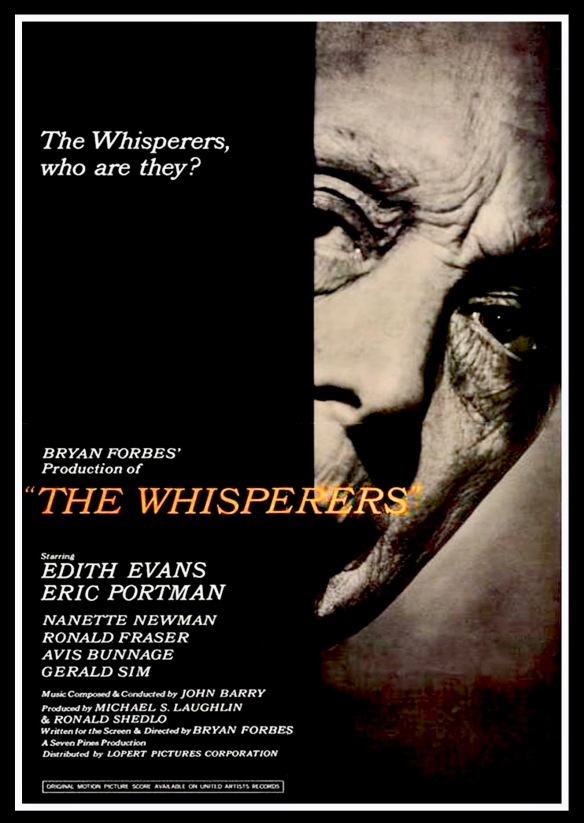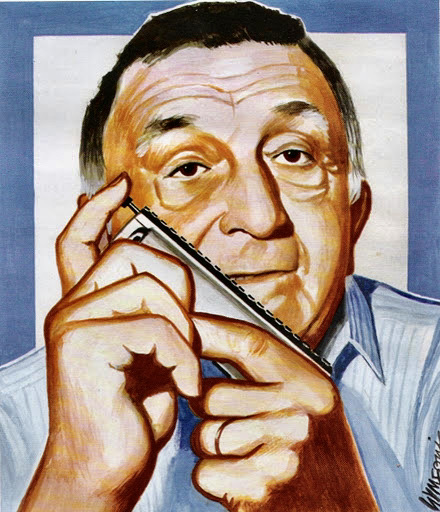You might not know the name but you have probably heard his music and the unmistakable sound of his harmonica on countless Italian film scores. The plaintive wail of his instrument on Once Upon a Time in the West (1968) was used as a musical motif for Charles Bronson’s avenging angel, who was identified simply as “the man with the harmonica” in Sergio Leone’s landmark film. Yet that nickname really belongs to Franco De Gemini who has brought his distinctive sound from the background to the foreground in more than 800 movie scores in his lifetime. His talent for expressing conflicting emotions through his music in both minimalist and operatic arrangements is this composer’s secret weapon.
Continue readingTag Archives: John Barry
Home Alone
 No one wants to think about growing old, becoming infirm and having to rely on others for assistance, particularly after a life of relative independence. While some are lucky enough to have family and friends to help out, many elderly people have no one for support and are left to fend for themselves among strangers. The situation becomes even more desperate without savings or financial assistance. Certainly this isn’t a topic that the commercial cinema has often explored for obvious reasons and great films on this subject are rare indeed but occasionally a masterpiece has emerged. Vittorio De Sica’s Umberto D. [1952], Akira Kurosawa’s Ikiru [1952], and Yasujiro Ozu’s Tokyo Story [1953] are prime examples while a handful of other films remain memorable for the performances alone – Victor Moore and Beulah Bondi in Make Way for Tomorrow [1937], Art Carney in Harry and Tonto [1974] and Edith Evans in The Whisperers [1967], Bryan Forbes’s often overlooked and forgotten adaptation of Robert Nicolson’s novel, Mrs. Ross. Continue reading
No one wants to think about growing old, becoming infirm and having to rely on others for assistance, particularly after a life of relative independence. While some are lucky enough to have family and friends to help out, many elderly people have no one for support and are left to fend for themselves among strangers. The situation becomes even more desperate without savings or financial assistance. Certainly this isn’t a topic that the commercial cinema has often explored for obvious reasons and great films on this subject are rare indeed but occasionally a masterpiece has emerged. Vittorio De Sica’s Umberto D. [1952], Akira Kurosawa’s Ikiru [1952], and Yasujiro Ozu’s Tokyo Story [1953] are prime examples while a handful of other films remain memorable for the performances alone – Victor Moore and Beulah Bondi in Make Way for Tomorrow [1937], Art Carney in Harry and Tonto [1974] and Edith Evans in The Whisperers [1967], Bryan Forbes’s often overlooked and forgotten adaptation of Robert Nicolson’s novel, Mrs. Ross. Continue reading

